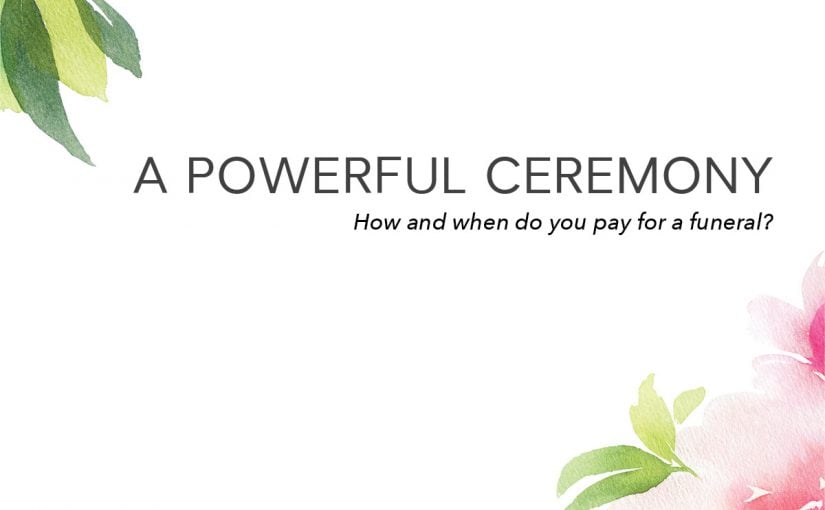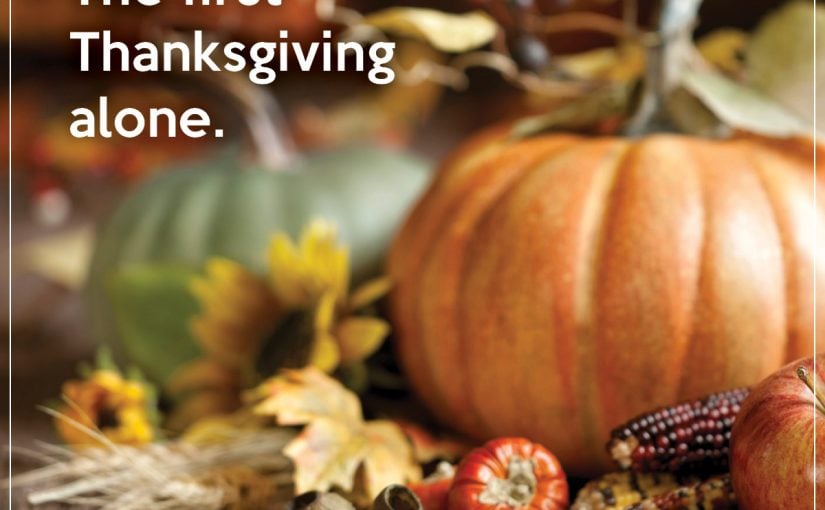Summary
- According to the National Funeral Directors Association (NFDA), the national median cost of a funeral with cremation is $6,280 as of 2025.
• A direct cremation, which does not include a ceremony, typically costs between $2,800 and $3,000.
• Cremation costs may vary depending on service choices, merchandise, and local factors.
• Families in Muskegon can choose cremation options that best reflect their wishes and needs.
How Much Does Cremation Cost?
Families in Muskegon, MI, often ask what cremation costs and what shapes those costs. According to the National Funeral Directors Association (NFDA) 2024 General Price List Study, the national median cost of a funeral with cremation is $6,280. This typically includes professional services, transportation, and use of facilities for a ceremony or visitation.
For those seeking a simpler option, a direct cremation— which typically does not include a formal ceremony—generally ranges from $2,800 to $3,000. Even with a modest arrangement, funeral professionals ensure the process is handled with dignity and respect.
Factors That Influence Cremation Costs
Cremation costs often vary based on the type of service chosen and the level of personalization families prefer. Some choose to include a memorial gathering, viewing, or celebration of life, which may add to the overall cost.
Local factors can also play a role. Funeral homes with on-site crematories or expanded service spaces may have different pricing due to staffing, maintenance, and community needs. The Federal Trade Commission (FTC) requires all funeral homes to provide a General Price List (GPL) to ensure transparency and help families make informed decisions.
Planning ahead may also help families manage cremation costs and ensure that personal preferences are documented and honored.
Frequently Asked Questions
Is cremation typically more affordable than burial?
Yes. Cremation is often less expensive because it does not usually require cemetery property, a burial vault, or a casket.
Can families still hold a service with cremation?
Absolutely. Many families in Muskegon choose to hold a memorial or celebration of life before or after the cremation process.
What is usually included in a direct cremation?
A direct cremation typically includes basic professional services, transportation, care of the deceased, and the cremation process itself.
Written for The Sytsema Chapel of Sytsema Funeral & Cremation Services, proudly serving families in Muskegon with compassion and care.
About The Sytsema Chapel of Sytsema Funeral & Cremation Services
Families in Muskegon, MI, can turn to The Sytsema Chapel of Sytsema Funeral & Cremation Services for compassionate, professional guidance. Located at 737 E Apple Ave, Muskegon, MI 49442, their caring team can be reached at (231) 726-5210 to discuss cremation options and preplanning services.





